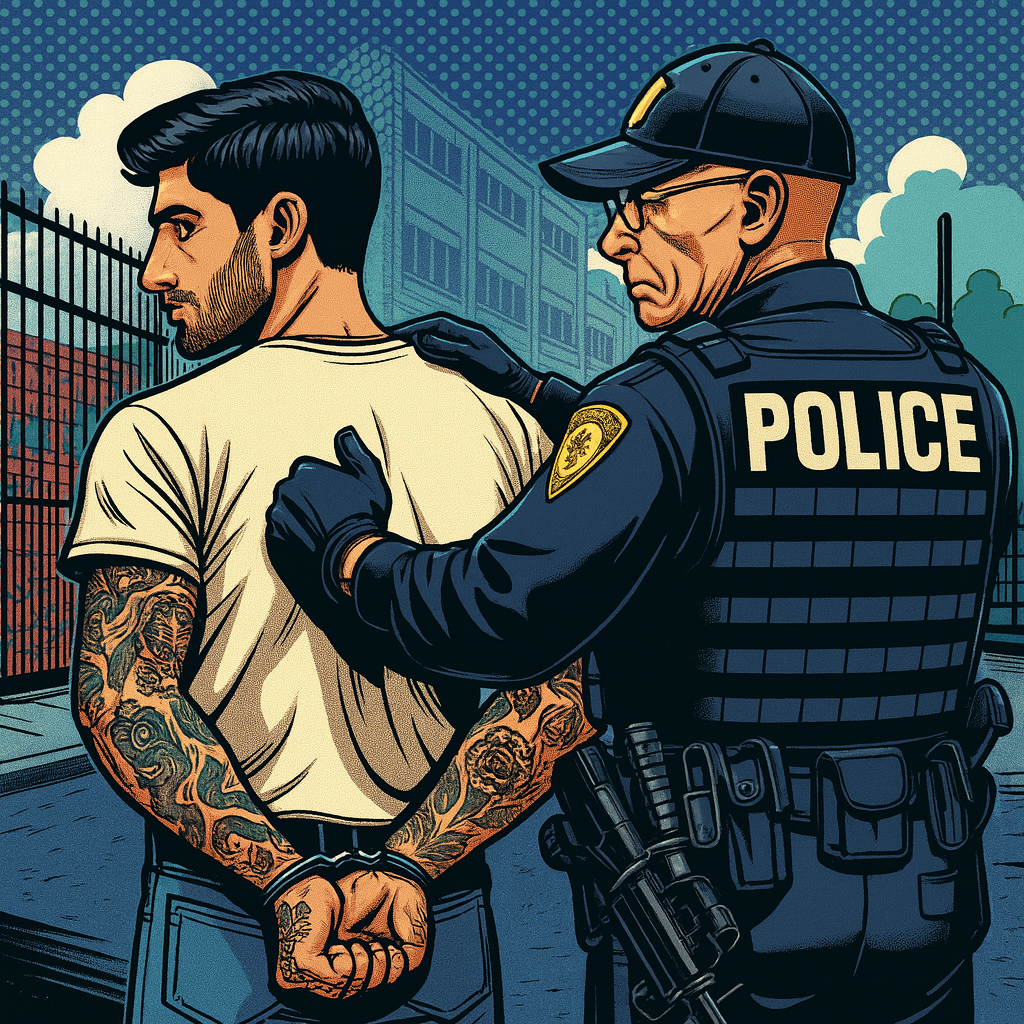
Did The Supreme Court Just OK Profiling As Probable Cause?
David Walton
Sep 26, 2025
"The Constitution requires “individualized” suspicion while profiling relies on observable factors that to establish group assumptions of suspicion."
Earlier this month, the U.S. Supreme Court quietly issued a ruling that could reshape how law enforcement works in America, and not for the better. By lifting limits on how ICE agents can decide whom to stop, the Court opened the door “Group Profiling” as a kind of probable cause.
The Fourth Amendment was designed to protect all of us from unreasonable searches and seizures. It requires that police and government agents base their actions on particularized suspicion, specific facts that link a person to wrongdoing. But the Court’s latest move suggests that race, language, or even where someone stands may now count as “reasonable suspicion.”
The Case Out of Los Angeles
The case started in Los Angeles, where a federal judge blocked ICE from detaining people based solely on factors like:
- looking Latino or of a certain ethnicity,
- speaking Spanish or accented English,
- being near day-labor gathering spots, or
- appearing to work low-wage jobs.
The judge ruled that these shortcuts violated constitutional protections. The Ninth Circuit agreed.
But the Supreme Court stepped in and paused those protections. While the case isn’t finished, ICE now has more power to stop people in Los Angeles, and possibly beyond, based on broad group traits.
Probable Cause or Probable Prejudice?
Justice Brett Kavanaugh, in a short concurrence, said ethnicity alone can’t justify a stop, but that it could be one factor among others. In other words, race, language, and location are now considered “relevant clues” under the totality of the circumstances test.
That’s a dangerous shift. The Fourth Amendment’s promise is supposed to protect people from being stopped just because they look or sound a certain way. By treating profiling as part of the suspicion calculus, the Court risks rewriting what probable cause, and by extension, reasonable suspicion actually means.
Justice Sonia Sotomayor, joined by Justices Kagan and Jackson, blasted the decision. She warned it would make Latinos in particular “fair game” for detention, even if they are U.S. citizens. Her dissent made clear: this ruling bends constitutional principles in ways that erode equality under the law.
Why It Matters
1. Erosion of Fourth Amendment Rights
The Constitution requires “individualized” suspicion while profiling relies on observable factors to establish group assumptions of suspicion. For example, body tattoos, location, gender, and age could collectively become valid probable cause for suspected illegal drug possession rather than the current standard that requires observing drug paraphernalia or the actual drugs. Blurring that line is a step toward making the Fourth Amendment hollow.
2. Expanded Application by State and Local Law Enforcement
It would come as no surprise if state and local law enforcement adopted the same standard for probable cause, which would allow officers to stop and detain anyone based on group assumptions.
3. Normalization of Discrimination
When courts bless the use of ethnicity and language in enforcement, they give legal cover to practices long condemned as unfair and biased.
4. Fear in Everyday Life
Millions of people, citizens and noncitizens alike, may now fear being stopped simply for speaking Spanish in public or waiting for work at the wrong corner.
What Comes Next
The Ninth Circuit will still hear the case, and the Supreme Court could later issue a full opinion. But the immediate effect is clear: ICE agents now have more freedom to stop people based on how they look, speak, or work.
Civil rights groups and local governments will likely respond with lawsuits and ordinances to push back. Still, the chilling effect on communities is already here.
The Bottom Line
The Supreme Court hasn’t formally rewritten the Fourth Amendment, but its decision moves us closer to a reality where probable cause and group profiling are treated as the same thing. That should concern everyone.
Constitutional protections aren’t guaranteed forever. They depend on judges willing to enforce them. This ruling shows how quickly those safeguards can weaken, and why speaking up, staying vigilant, and demanding accountability is essential. American’s deserve better. ~
← Older Post Newer Post →

